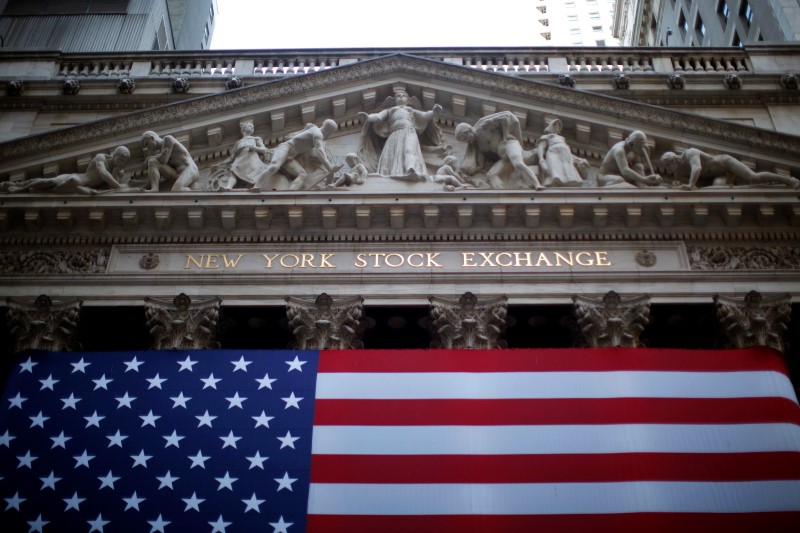 © Reuters.
© Reuters.
By Geoffrey Smith
Investing.com -- U.S. stock markets opened higher on Friday, having absorbed the twin disappointment of unsuccessful Ukrainian peace talks and U.S. inflation hitting its highest in over 40 years on Thursday.
By 9:50 AM ET (1450 GMT), the Dow Jones Industrial Average was up 338 points, or 1.0% at 33,512 points. The S&P 500 and Nasdaq Composite were up more modestly, by 0.6% and 0.5% respectively. All three indices are on course for their fourth weekly loss in five, under pressure from the rising interest rate environment and the war in Ukraine.
Fresh talk of the possibility of summit meeting between the Russian and Ukrainian presidents has been offset by news that Russia has broadened its air campaign against Ukrainian cities, and also split up the huge armored convoy that has been threatening Ukraine's capital Kyiv for the last week. Analysts say that could be the prelude to an assault on the city, similar to what has been witnessed in Kharkiv and Mariupol. Russian President Vladimir Putin also said on state TV Friday that he will deploy 'volunteers' from Syria to bolster his forces in Ukraine, which have only captured one major city in two weeks of fighting.
The market's attention is drifting back to next week's Federal Reserve meeting. The February inflation report, which showed a broad rise in 'sticky' prices such as rent and services as well as more volatile elements such as food and energy, has given no room for speculation that the Fed will soft-pedal on tightening monetary policy. Even the European Central Bank, which has run an unabashedly dovish policy for most of the last decade, sent a clear signal at its policy meeting on Thursday that it considers inflation to be the greater threat - despite the fact that the war is likely to hit the Eurozone economy much harder than the U.S. one.
The impact of the highest inflation in a generation is already being seen. The University of Michigan's Consumer Sentiment index for March fell to its lowest since 2011, the reading of 59.7 being comfortably below the 61.4 expected. Expectations of inflation for the next 12 months rose to 5.4% from 4.9% but longer-term expectations stayed unchanged at 3.0%, suggesting that many consumers are still inclined to see the current conditions as transitory.
Individual stocks standing out included DocuSign (NASDAQ:DOCU), which slumped another 20% after issuing a much-reduced growth forecast, emphatically signalling that the boom in demand from pandemic-related behavioral changes is over. DocuSign stock is now down 75% from its peak and has, like many other growth stocks, unwound all its gains since March 2020.
Rivian Automotive (NASDAQ:RIVN) stock also fell 7.3% to a new all-time low after the EV maker nearly halved its production forecast for 2022 owing to supply chain difficulties. The company also posted a thumping $2.46 billion loss in the fourth quarter, caused in part by accounting effects from its IPO.
Elsewhere, Alphabet (NASDAQ:GOOGL) stock fell 0.1% and Meta Platforms (NASDAQ:FB) stock fell 2.7% after EU and U.K. regulators launched a formal probe into suspected price-fixing in the digital advertising market by the owners of Google and Facebook. Meta's underperformance was also partly driven by fears that its policy on the Ukraine war could come back to haunt it. News reports suggest that the company is suspending its usual policy of a ban on calls for violence in order to allow a voice to those defending Ukraine.

